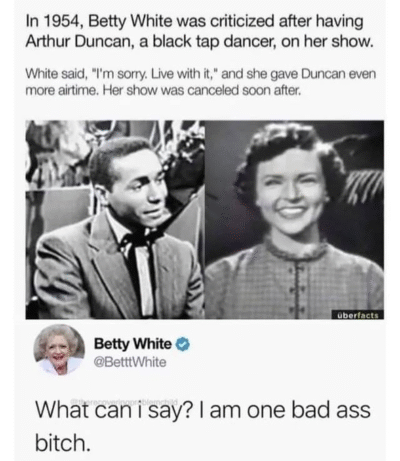Somewhere along the way, the right of men—especially Black men—to say no got tangled up in our cultural discomfort with seeing men as fully human.
Somewhere along the way, the right of men—especially Black men—to say no got tangled up in our cultural discomfort with seeing men as fully human.
When Prince said no to the lyric “Your butt is mine” in Michael Jackson’s Bad, he wasn’t being difficult. He was setting a boundary. He was saying, that line doesn’t feel right for me.
Few people stood by him for it. Most mocked him, misunderstood him, or treated his boundary as ego.
When actor Clifton Powell said no to certain roles that didn’t sit right with his spirit, he was accused of homophobia.
That accusation silenced a deeper truth—his right as a man, as a Black man, to decide what he participates in and what he does not.
When Black men express discomfort with intimate medical procedures—like prostate or colon cancer exams—too often the response isn’t compassion. It’s ridicule. We label it “homophobia,” as if those fears have no roots in the long history of medical harm, exploitation, and violation that Black men have endured.
It’s easier to call it phobia than to sit with the truth:
many men don’t feel safe in vulnerability.
And society, across race, class, and gender, hasn’t given them many reasons to.
When we mock or shame men for expressing fear, pain, or boundaries, we are masking our own discomfort with the idea that men have the right to say no.
We are saying—without words—that men’s bodies belong to the world, to work, to war, to systems, to everyone but themselves.
And yet, healing requires consent.
Even for men.
As consenting adults, either we all get to make our own choices for our bodies or no one does.
We can care deeply about gay and bisexual men, and still see that the way we talk about male vulnerability often traps all men in silence.
Gay men are at higher risk than other men for violence, bullying, and assault—and deserve safety, advocacy, and room to speak their truths. But that advocacy cannot come at the expense of creating environments where no man -including gay men by the way-feels free to voice discomfort, fear, or choice.
Not every man feels safe—or ready—to be open about who he is. And no man should have to choose between authenticity and ridicule.
At WeSurviveAbuse, we center women because most of the violence is centered there.
But centering women doesn’t mean silencing men.
Healing belongs to everyone.
We need the full picture—all of the truth and all of the solutions.
Because this work isn’t about one group healing the world while being denied rest, voice, or respect.
It’s about a world where everyone—women, men, and those still finding the language for their story—can say, “I deserve safety. I deserve voice. I deserve to be whole.”
That’s not division.
That’s healing.
That’s humanity.

